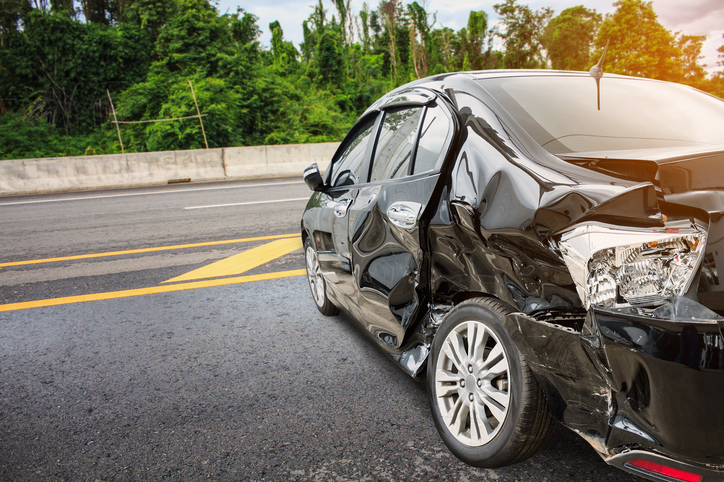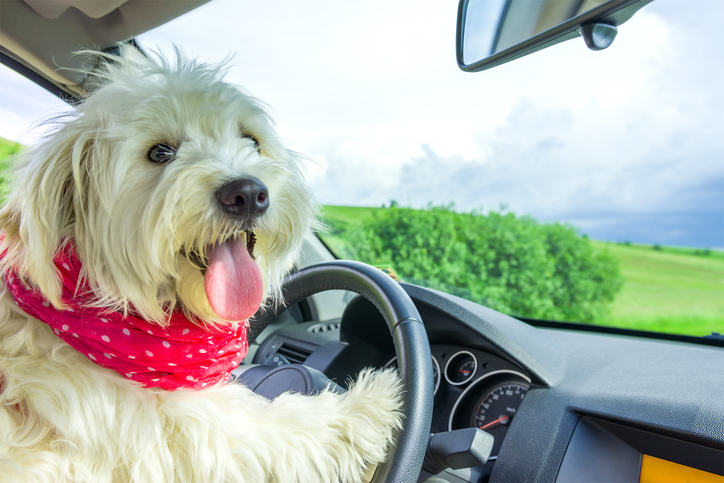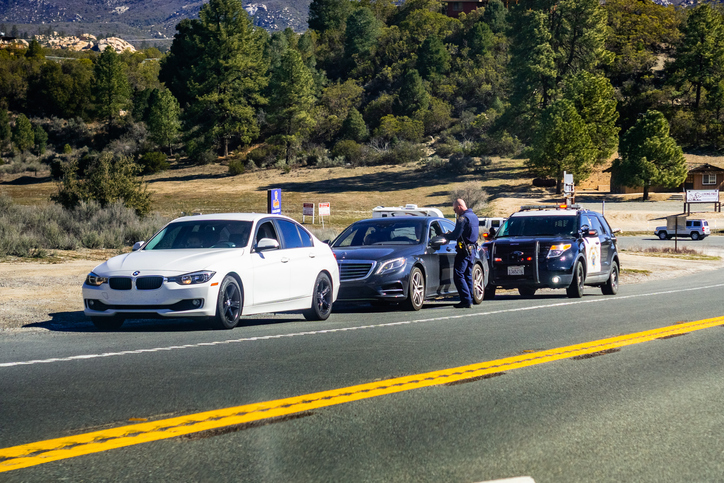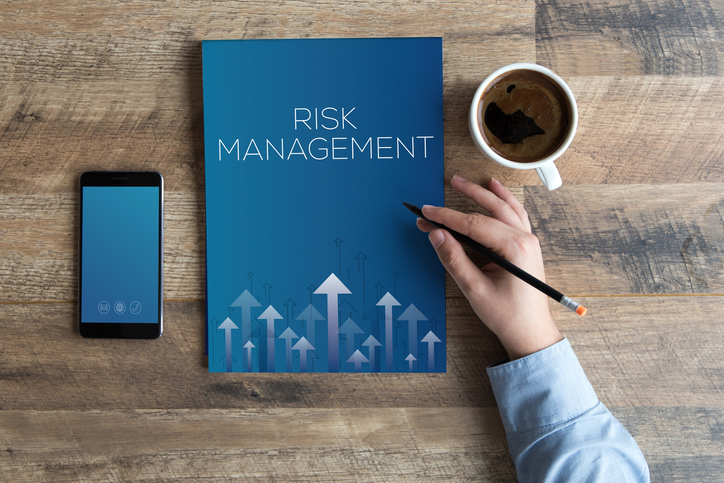My leased car was in an accident. Do I have to keep making payments?
Within a month of taking possession of my car on lease, it was in an accident. I informed the insurer and the car company within hours – but I am shocked to see that Canadian Dealer Lease Services is still deducting payments from my account. When contacted, it informed me that the lease is active and it will keep deducting payments. Is this correct practice? I don’t have a car now. – Samuel
After a crash, payments don’t stop just because your car can’t go.
If your car is in the repair shop, you have to keep paying your financing or lease payments until it’s fixed and you can drive it again.
In other words, it’s not your bank’s or finance company’s problem – you’re the one dealing with the insurance company. If your policy allows it, you might get a rental car.
“In the case of vehicle damage, the consumer who has taken out the policy would submit a claim to fix the vehicle,” said Pete Karageorgos, Ontario director of consumer and industry relations with the Insurance Bureau of Canada (IBC), in an e-mail. “There may be coverage for renting a vehicle while the owner’s vehicle is being repaired – the owner’s insurance policy would extend to cover the rental vehicle.”
Total responsibility?
And if the crash totals your car? You’ll keep making normal lease payments until the claim is settled.
“Lease payments will continue from the date of loss until Canadian Dealer Lease Services receives the agreed settlement cheque from the insurance company,” said Andre Safah, manager, client services with Canadian Dealers Lease Services, in an e-mail. “At that point, all lease payments that were paid after the date of loss will be refunded to the lessee less any deductible amount under the policy and no further payments will be deducted.”
After the settlement, the leasing company might consider it case closed.
“We will accept the proceeds of insurance, provided there is no denial of coverage in whole or in part and the lessee is not in default in paying any amount due to us,” Safah said.
But you could end up owing money after the settlement, depending on your lease or loan agreement.
“Usually, your insurance company will pay your lease financing company the market value of the vehicle directly,” Lynne Santerre, spokeswoman with the Financial Consumer Agency of Canada, said in an e-mail. “If the insurance payout is less than the amount you owe on your car lease, then you are responsible for paying that difference.”
For example, if your insurance company decides the replacement value of your car is $10,000 but you still owe $16,000 on your loan or lease, you’d have to cover the $6,000 shortfall, Santerre said.
“GAP (Guaranteed Auto Protection) insurance will usually cover this difference and pay the remaining balance you still owe on your lease,” Santerre said. “Many finance companies require GAP insurance as part of the lease, while others offer it as an option.”
Lease of your worries?
When leasing or financing a vehicle, read through the agreement so you can understand what you’re responsible for, Karageorgos said.
“If leased or financed, the name of the leasing or financing company would be included on the application for insurance and on the policy as having an interest in the vehicle,” he said.
“Your obligations could include everything from mileage to condition of the vehicle at the end of the lease period, and possibly specifications as to how repairs to the vehicle are completed following a crash.”





